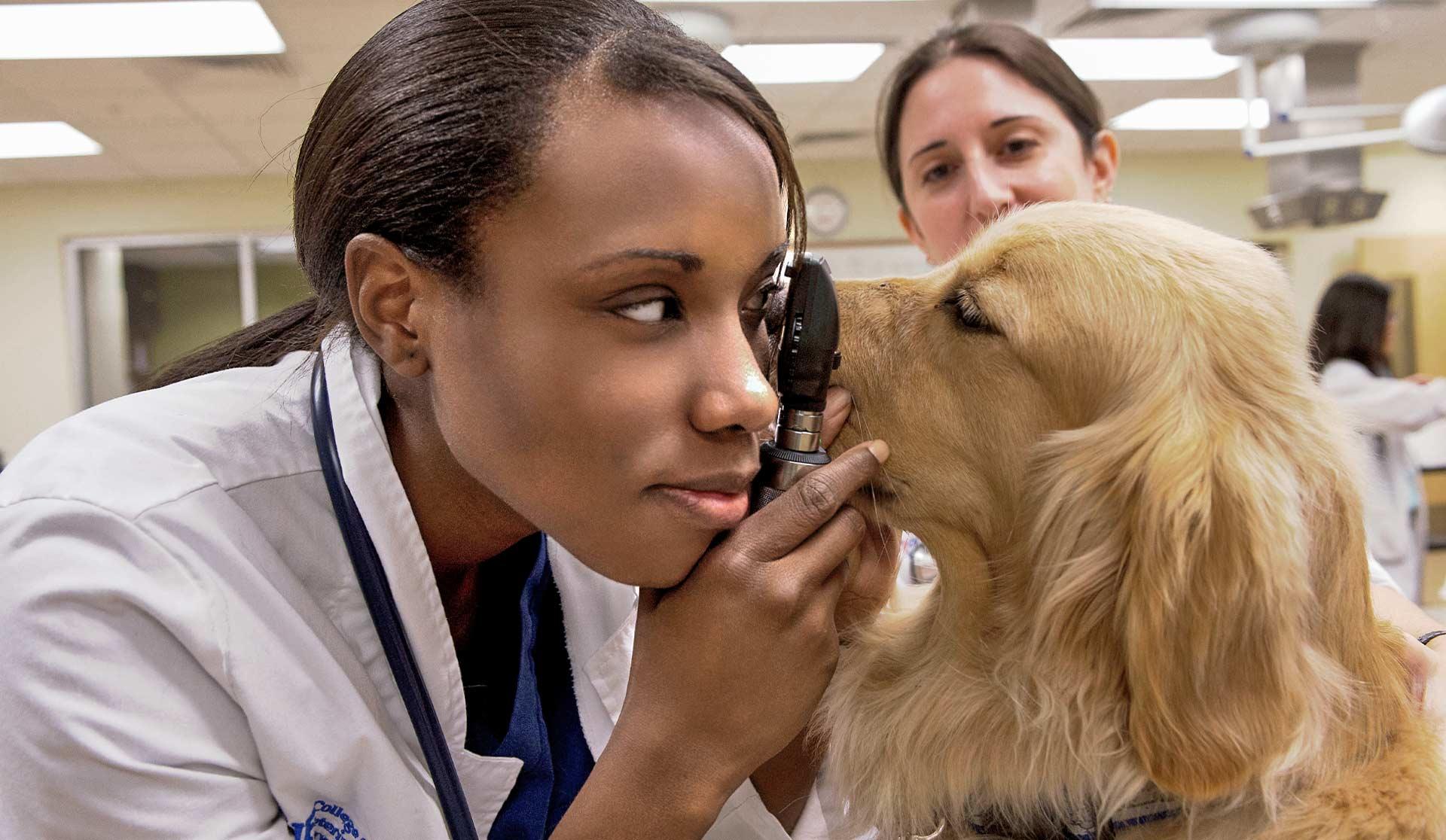What Establishes Animal Hospital Greensburg Besides Other Neighborhood Centers
What Establishes Animal Hospital Greensburg Besides Other Neighborhood Centers
Blog Article
Specialist Tips for Pet Dog Nourishment From a Vet
Comprehending the dietary needs of pet dogs is critical for their total wellness and long life. Vets suggest a well balanced diet plan that accommodates specific aspects such as task, age, and breed level. Yet, with the plethora of family pet food choices available, pet proprietors typically find themselves browsing a landscape swarming with misinformation and misconceptions. As we discover necessary ideas from veterinary professionals, it ends up being evident that appropriate nutrition is not just regarding what is fed yet includes a much deeper understanding of each animal's one-of-a-kind requirements. What key understandings could transform your strategy to animal nourishment?
Understanding Nutritional Requirements
Comprehending the dietary demands of pets is essential to ensuring their general wellness and well-being. Just like people, family pets call for a well balanced diet that offers crucial nutrients, including healthy proteins, fats, vitamins, carbs, and minerals. These nutrients play critical functions in various bodily features, such as power production, immune reaction, and tissue fixing.
They are made up of amino acids, some of which are necessary and should be acquired from food. Carbs serve as a key power source and can sustain digestive health when they consist of fiber.
Minerals and vitamins are essential for metabolic procedures and keeping overall health. Each animal may have unique demands based on aspects such as age, type, activity level, and wellness condition. It is important to consult with a veterinarian to determine the certain nutritional needs customized to your pet dog's individual requirements, guaranteeing they get optimal nourishment throughout their life stages. Correct understanding and interest to these dietary parts can dramatically add to an animal's longevity and top quality of life.

Choosing the Right Food
Selecting the ideal food for animals is a vital facet of satisfying their nutritional requirements. It is necessary to think about aspects such as age, dimension, health and wellness, and breed condition when choosing a pet dog food. Pups and kittens need formulations that sustain growth and growth, while adult family pets need balanced diet regimens that preserve their wellness. Elderly pets might profit from foods designed to address age-related problems, such as joint wellness or weight management.
When examining pet food options, seek products that meet the Association of American Feed Control Officials (AAFCO) standards, which make certain that the food gives balanced and full nourishment. Active ingredients ought to be high-quality, with real meat as the main source of protein. Prevent foods with extreme fillers, synthetic additives, or byproducts, as these can take away from the overall nutritional value.
Consulting with a veterinarian can supply tailored referrals based upon your pet dog's specific needs. Furthermore, transitioning in between foods should be done slowly to avoid intestinal distress. By taking these steps, animal proprietors can make sure that they are offering their hairy companions with the very best possible nourishment for a happy and healthy and balanced life.
Common Myths About Pet Dog Food
Exposing false impressions bordering pet food is crucial for making certain optimal nourishment for our hairy friends. One common myth is that all grain-free diet plans are remarkable for family pets.

Furthermore, several animal owners think that "costs" or "natural" tags assure greater high quality. Nevertheless, these terms are typically uncontrolled and do not necessarily suggest remarkable nutritional value. It is vital to look at ingredient listings and nutritional profiles rather.
Special Factors To Consider for Various Breeds
When it concerns pet nutrition, unique considerations should be taken right into account for different types, as each type can have unique nutritional demands and sensitivities. Large breeds such as Excellent try this site Danes and Saint Bernards are susceptible to bone and joint problems and might benefit from diet regimens formulated to support joint wellness, typically including ingredients like glucosamine and omega fatty acids. On the other hand, small breeds like Chihuahuas may call for higher calorie densities to fulfill their energy degrees, necessitating formulations that are rich in nutrients yet reduced in mass.
In addition, specific types may be predisposed to details health issues, such as food allergic reactions or sensitivities. Types like Labrador Retrievers may battle with weight problems, needing careful part control and a balanced diet regimen to preserve a healthy weight. On the other hand, breeds such as Dachshunds may be more vulnerable to spinal problems, prompting a requirement for diet plans that promote back health and wellness and weight administration.
Ultimately, recognizing these breed-specific nutritional demands is essential for pet dog owners. Consulting with a vet can aid in choosing one of the most suitable diet regimen tailored to a private pet dog's health and wellness, age, and type status, ensuring ideal nutrition and wellness.
Significance of Normal Vet Exams
Recognizing the distinct dietary needs of different breeds is only one aspect of responsible pet ownership; regular veterinary examinations play an essential function in preserving overall health and wellness. These check-ups are crucial for very early discovery of health and wellness issues, making certain that any possible problems address are addressed prior to they become severe. Normal visits enable vets to check your pet's weight, dental wellness, and vital indications, which are critical indications of general health.
In addition, regular check-ups allow veterinarians to give customized nutritional advice based upon your animal's private health and wellness standing - Vet Mckinney. As animals age, their nutritional demands may transform, and adjustments may be needed to stop excessive weight or nutrient shortages. Preventive care, including inoculations and parasite control, is likewise a basic element of these brows through, guarding your pet from numerous illness
Along with health examinations, these appointments provide a superb possibility for pet dog owners to talk about behavioral adjustments or problems regarding their animal's eating habits. By prioritizing normal vet examinations, pet dog owners can ensure a longer, healthier life for their furry friends, inevitably improving their quality of life.
Final Thought
In conclusion, guaranteeing optimum pet dog nutrition requires a detailed understanding of private nutritional demands, appropriate food choice, and understanding of common myths. Special considerations for numerous breeds have to be made up, and regular veterinary exams play an essential role in keeping an eye on wellness and nutritional adjustments. Adhering to AAFCO criteria and seeking advice from vets before making nutritional adjustments will enhance the well-being of pet dogs, eventually adding to their longevity and quality of life.
With the wide variety of pet dog food options available, pet proprietors typically find themselves browsing a landscape rife with false information and myths. Each animal might have one-of-a-kind requirements based on elements such as age, breed, activity level, and wellness standing. It is essential to consider variables such as age, wellness, size, and type status when picking a family pet food. Senior pets might benefit from foods developed to address age-related concerns, such as joint wellness or weight management.
Understanding the special nutritional requirements of various types is only one aspect of responsible pet ownership; normal vet exams play an important duty in preserving total wellness.
Report this page